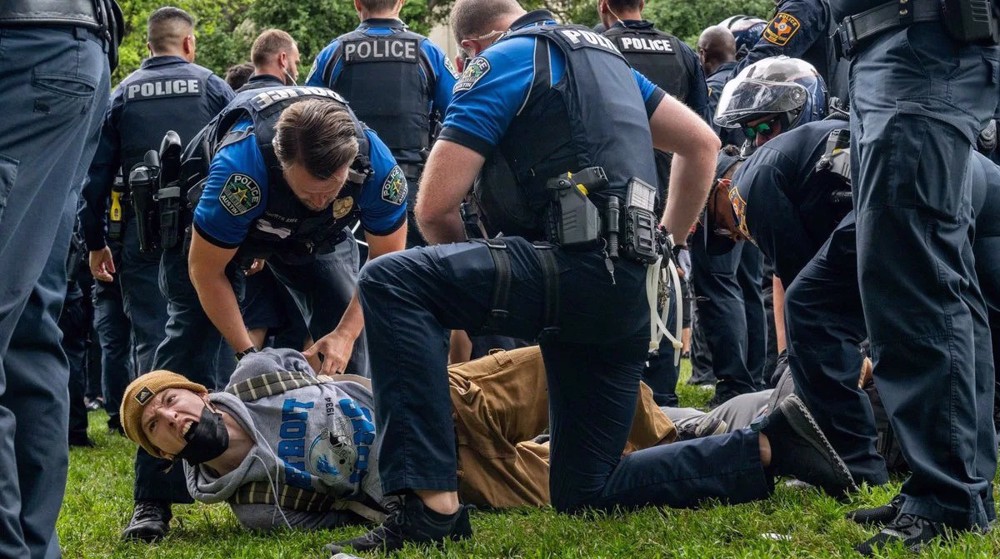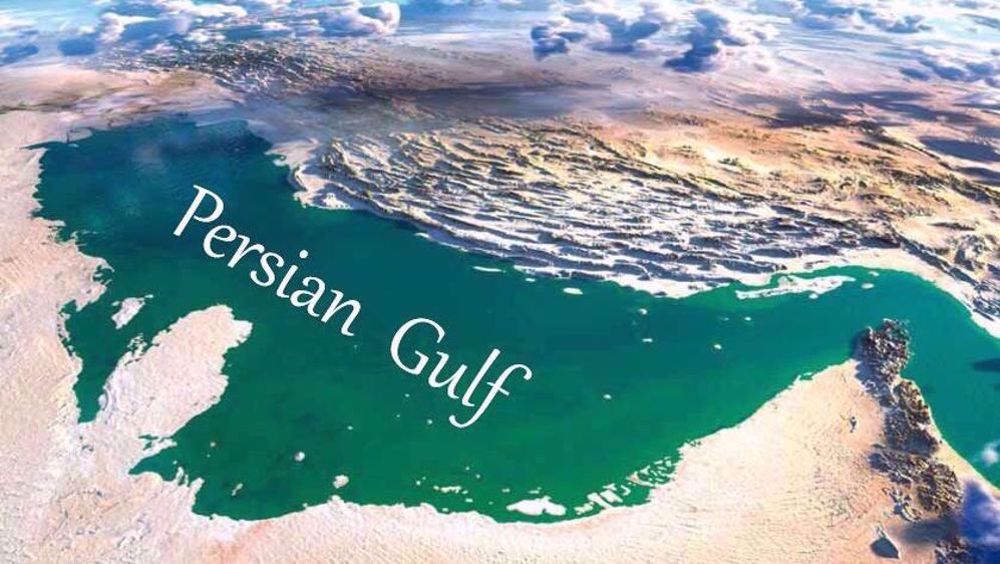Iran-China deal, a prelude to regional stability
By Mehrdad Torabi
The “Comprehensive Cooperation Program between the Islamic Republic of Iran and the People's Republic of China” is being signed; although expertise, information-oriented analyses, and experienced review committees are fundamental necessities of the CCPIC at the level of planning, implementation, and supervision, the principle of the CCP itself between the Islamic Republic and China seems to be disturbed, in general, by the Western propaganda media, and in particular, by anti-Iran campaigns of opposition factions.
The nature of the agreement is based on bilateral cooperation, but the deal, I argue, regardless of its clauses and provisions, paves the way for a multilateral interaction by providing regional countries to join for an all-inclusive regional economic, and to some degree political, integration.
This, reminds me of the draft of The European Coal and Steel Community (ECSC), formally established in 1951 that despite ceased to exist in 2002, after 51 years, pushed the European Member States to take the first step towards regional integration under the European Union Treaty. Since the Second World War the European Union, apart from arguments about its input and output legitimacy, has been the guarantor of economic, political, and regional stability in continental Europe. The Euro was formed as the new 'single currency' of the European Monetary Union, introduced by the Member States’ common monetary policies, to terminate the dollar's dominance in the European free market. In addition, the common political orientation of EU members is clear to all of us.
That being said, the CCPIC’s draft makes it clear that the treaty or the contract is based upon partnership, association, and cooperation; therefore, any interpretation of the kind focusing on China’s influence and questioning the Islamic Republic’s political autonomy is misleading, dis-informing, and confusing and is serving the sole purpose of disturbing and falsifying the facts. Remember conspiracy theories that once filled the social media about Iran selling some parts of the Caspian Sea to Russia—if trying to get around rumors and misinformation is difficult, trying to deal with a conspiracy theory is impossible—but then, they turned out to be fake, simply fake. Now on social media, as well as on some news outlets, some compare this agreement with the peace treaty of Turkmenchay. It will suffice to point out that the Islamic Revolution Guards Corps, in eight years of sacred defense against the invading Saddam’s army, having the whole world’s support from chemical weapons of mass destruction to intelligence, preserved every inch of the dignity of this soil.
The only concern of the Islamic Republic today is unilateral US sanctions on the people. We have no lack of self-confidence nor have we any concern in the areas of security, defense, cultural dimensions, education, and so on. An economy based on international interactions will not only guarantee Iran's economic stability, rather, given our responsibility towards all other neighboring countries in the region, will contribute to the entire region’s stability at the apex of the pyramid. And this is what the imperialist class of the capital system is most horrified from.
With careful considerations and expertise, this agreement will be a prelude to the establishment of strong states in the region, whether economically, politically, or in the area of security. There are countless opportunities in relations from Syria to Pakistan, Azerbaijan to the countries of Eastern Asia, from China to Venezuela that will bear fruit under the terms of this agreement.
Finally, it should be noted that the acceptance of the very principle of international cooperation does not constitute the endorsement of the way such cooperation is implemented. This task is the responsibility of experts, review committees, and representatives of the people to guide the economic progress of the Islamic Republic in the right direction and to realize the stability of the region and the political unity of its neighboring states.
Mehrdad Torabi is an international relations expert from the University of Bologna, Italy, He is a writer of political commentaries and analyses.
(The views expressed in this article do not necessarily reflect those of Press TV.)
VIDEO | Inspired by demos in US, students in Lebanon protest for Gaza
‘Irrational violence’ against pro-Palestine demos will be of no avail: Iran’s Parliament
US, foreign attorneys call on Biden to halt arms sales to Israel: Report
Yemen warns US against new aggression targeting its security
UNRWA says 182 staff members killed in Israeli hostilities in Gaza
Russia shoots down 6 US-made ATACMS missiles launched by Ukraine
Anti-Israel protests in US: UN rights chief ‘troubled’ by police brutality
Netanyahu vows to invade Rafah ‘with or without ceasefire deal’










 This makes it easy to access the Press TV website
This makes it easy to access the Press TV website